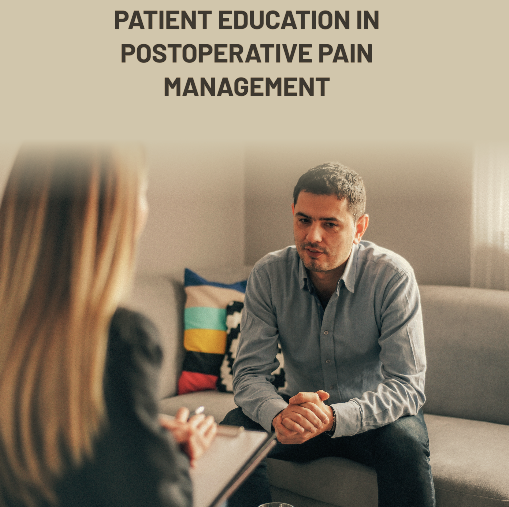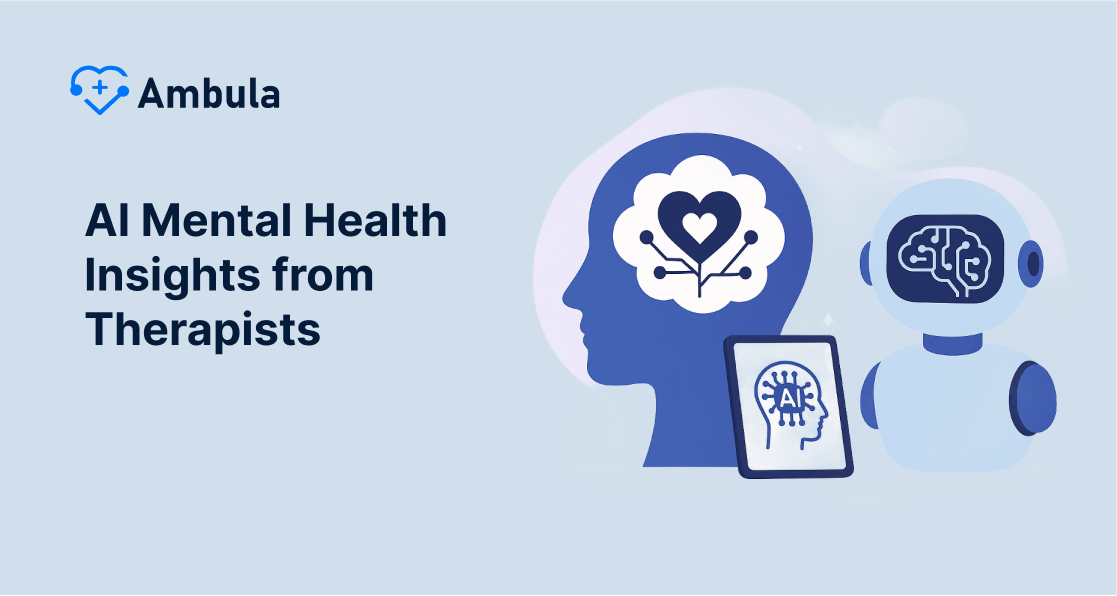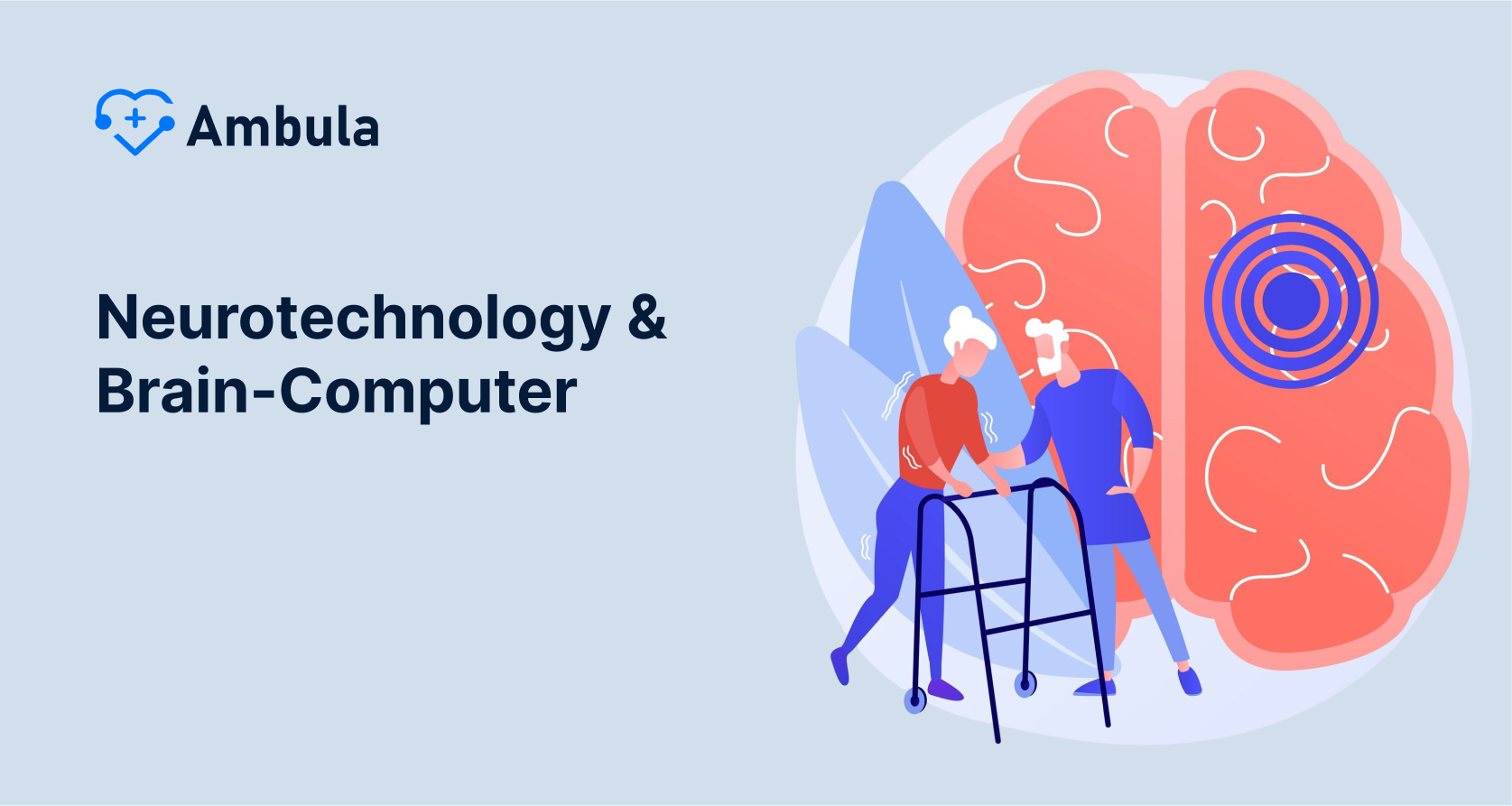The Impact of Postoperative Pain on Patients
Following surgery, one common experience among all patients is postoperative pain. This pain can range from mild discomfort to severe pain, disturbing recovery. The consequence of such pain can lead to slowed recovery, increased hospital stay, or even patient dissatisfaction. Postoperative pain management, therefore, becomes a crucial part of healthcare service to facilitate speedy recovery and enhance patient satisfaction. As such, educating patients about its proper management becomes indispensable.
Undoubtedly, an experienced and skilled healthcare professional plays a substantial role in this process. They adeptly explain the intricacies of pain management and guide patients toward its effective management. With an understanding of pain, the patients can express their discomfort accurately and participate actively in pain management.
Patient Education – Shaping a Patient-Centered Approach
Patient education is a dynamic process, encompassing knowledge transfer from healthcare professionals to the patients. This process is invaluable in empowering patients to control their health-related needs and decisions, leading to a patient-centered approach.
Structured patient education includes imparting knowledge about the source of pain, its expected duration, pain relief measures, medication usage, and prospects of resurgence. It recognizes patients’ educational needs and matches the teaching and learning to meet them. This tailored approach enhances patient satisfaction, improves patient relationship management, and alleviates the risks of inadequate postoperative pain management.
The Role of Healthcare Professionals in Patient Education
Healthcare professionals play a pivotal role in the education process. As experts in their field, they hold the responsibility not just to treat but also to educate patients. Effective teaching encompasses clearing misconceptions, providing reassurance, and instilling confidence in the patients’ ability to manage their pain effectively.
In addition, they play an essential role in evaluating the effectiveness of the education provided and continuously assessing the patients’ understanding and application of acquired knowledge. Their role extends from admission to discharge, ensuring that the patients are adequately equipped to manage their postoperative recovery process.
Overcoming Barriers to Patient Education
Despite best efforts, there can be learning barriers in patient education. Factors such as age, cultural differences, language barriers, and level of education can pose significant challenges. It is the role of healthcare professionals to identify these barriers and devise strategies to overcome them.
Through the use of accessible language, visual aids, and multiple communication methods, these barriers can be dealt with effectively. More importantly, fostering a respectful and open patient-healthcare professional relationship encourages dialogue, increasing the chances of successful learning.
The Interrelation of Patient Satisfaction and Education
Patient satisfaction is directly linked to their knowledge and understanding of their situation. Better-informed patients are more satisfied as they understand the postoperative situation better and can actively contribute to their healing. Patient education plays a critical role in satisfying this quest for information.
By addressing their concerns and uncertainties, healthcare professionals can help patients gain clarity and assurance about their condition, boosting their confidence in the treatment and recovery process.
The Educational Objectives in Pain Management
The primary educational objectives in postoperative pain management involve helping patients understand the nature and cause of their pain, enlightening them about the various pain relief options, guiding them about responsible medication use, and enabling them to communicate their pain levels accurately and effectively.
These objectives extend beyond the patient and include their immediate caregivers. As part of a wider support system, they, too, need to understand the processes involved in pain management to provide the necessary support wherever necessary.
The Importance of Continuous Learning in Pain Management
Learning in pain management is not a one-off occurrence but a continuously evolving process. With advancements in healthcare and varied patient responses to pain, it becomes important for healthcare professionals and patients to keep pace. This continuous learning process can greatly improve postoperative recovery and overall patient satisfaction.
To conclude, patient education plays an irreplaceable role in postoperative pain management. It forms an integral part of the entire healthcare process, securing active participation from patients and fostering a respectful relationship that enriches the process and the patient’s overall health and well-being.





